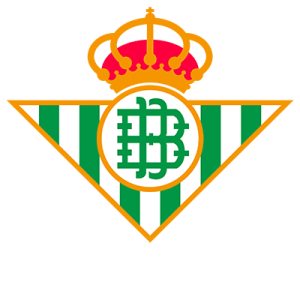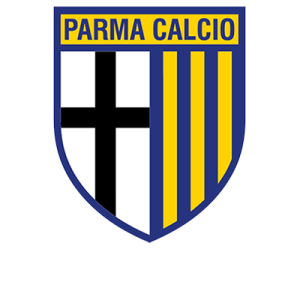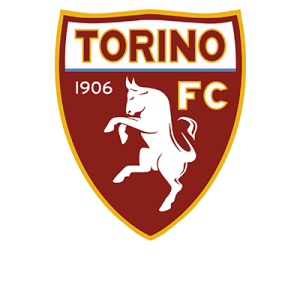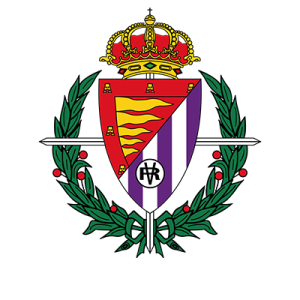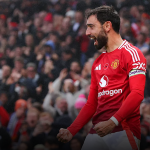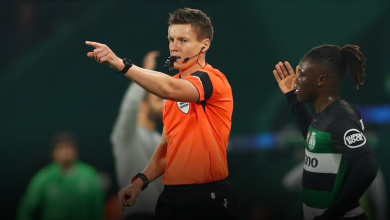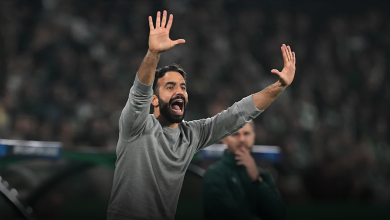Sporting ending was written like this – Amorim
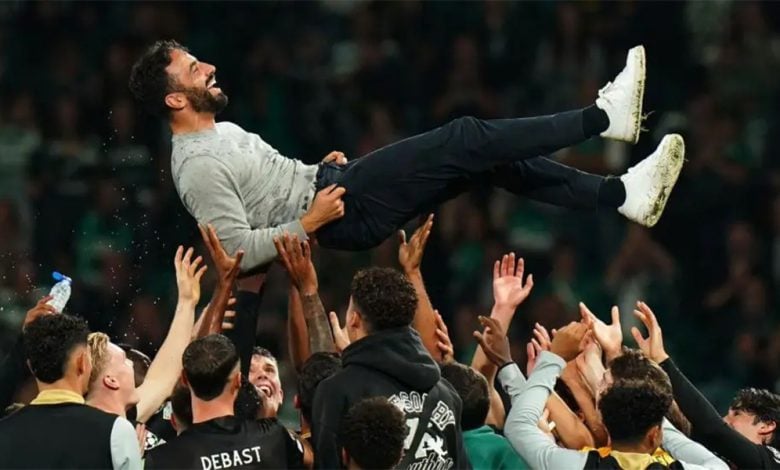
Ruben Amorim summed it up perfectly.
His last Sporting home game, after four and a half years helping transform the club, pitted against a Manchester City side which cast a decade-long shadow over his new Manchester United team by virtue of the total domination that was once theirs.
A quirk of the fixture list – and Sporting’s refusal to let Amorim leave immediately – created the story. Destiny should decree it had the perfect ending.
“It was written it had to be like this,” said a delighted Amorim after Sporting had condemned Manchester City to their third defeat in a week and their biggest loss since September 2020.The celebrations went on for a long time. Fans were still heard singing across the city hours after the final whistle had been blown.
Amorim was repeatedly pushed to the front of the Sporting squad as they made they way round a well-deserved lap of honour to take the acclaim of fans it had been said turned against the 39-year-old but it turns out still love him.
A reluctant hero on the basis he has said he didn’t really like attending the public ceremonies that have accompanied Sporting’s two Portuguese title wins, the first of which ended a 19-year wait, Amorim was eventually tossed in the air by his players.
They clearly have a huge amount of admiration for the man who will be their boss for one more game, at Braga on Sunday.
After that, he heads to England. For a new challenge. And what a challenge it is.
‘At United you cannot play so defensively’
Firstly, let’s deal with the reality of where Amorim finds himself now.
He was joking before the game when he said a Sporting victory over City would make United feel another Sir Alex Ferguson was arriving.
There was a huge amount of added interest in the game in Manchester. Those of a United persuasion, fans and club officials alike, were delighted with what they saw. To some, it made a mockery of City’s private insistence that Amorim was not a name on their wish list for when Pep Guardiola eventually leaves.
But nobody, Amorim said, should read too much into events at the Jose Alvalade Stadium.
“I already said previously you cannot transport one reality into another,” he said. “At Manchester United you cannot play exactly like this. You cannot play so defensively and so there we will have to adapt. Clearly it is really difficult to beat this team and to beat Pep Guardiola. And he is not a worse manager than me.
“It will be a completely different world, a different team, we won’t have that much time to train and we will begin from a different starting point. People can make their own judgements but I say to the people of Manchester that this was a one-off.”
Amorim’s observations about his defence are worth further examination.
The most obvious difference being widely analysed is that Amorim plays three central defenders.
Against City, that turned into a back five for long stretches of the game. Yet that is one of the attractions. Inside United they believe labelling Amorim as someone who plays with three central defenders is too simplistic.
How that shows itself can change, it is argued. This could be through inverted full-backs, more orthodox wing-backs – which is what Geovany Quenda and goalscorer Maximiliano Araujo tried to be when they weren’t being pushed back – or central defenders stepping forward into midfield areas.
In front of them are two sitting midfielders, beyond that two narrow forwards and, up top, the excellent Viktor Gyokeres.
If Amorim sticks to the formation, does he have the personnel to make it effective?
If not, will he have to compromise to the extent Erik ten Hag did, where his eventual team bore no relation to the style he was supposed to be bringing with him from Ajax.
To that end, the return to fitness of Leny Yoro after his broken foot cannot come quickly enough.
United insiders are bruised at the repeated references to £200m being burned through the decision to stick with Ten Hag post-FA Cup final triumph.
Firstly, they did not feel the right structures were in place to help a new coach. They feel Ten Hag did enough with the victory over City at Wembley to deserve extra time to prove his worth.
More pertinently in terms of this argument, at a cost of £52m, the 18-year-old is potentially the best, and definitely the most expensive, of all the club’s most recent signings.
His pace alone would give a three-man defence a hugely different look compared to a trio of, say, Harry Maguire, Matthijs de Ligt and Jonny Evans. Besides, moans about players being ill suited to the new head coach’s systems give lie to the theory some hold that United only kept Ten Hag until something better comes along.
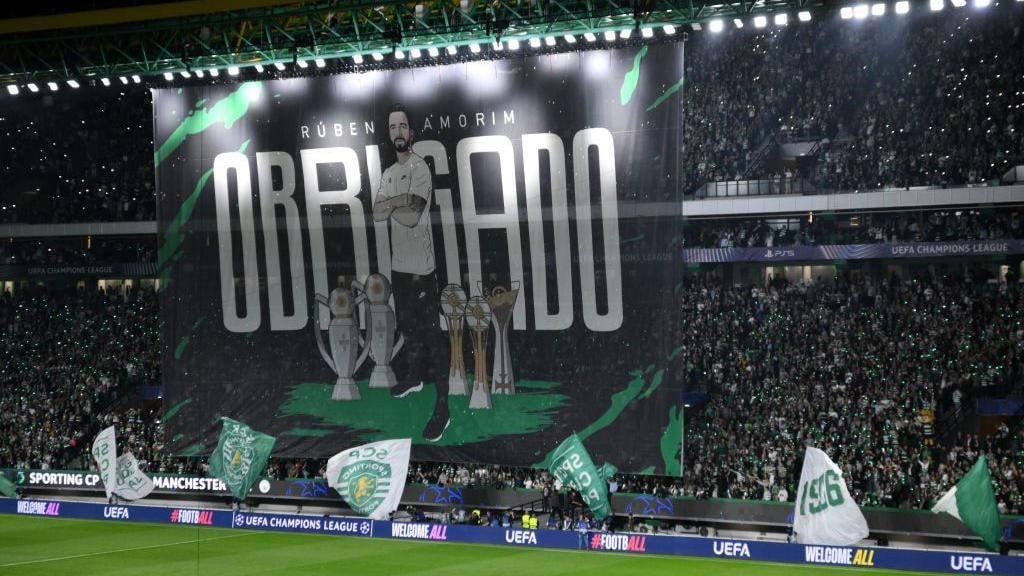
Amorim-watch – a manager ‘in the zone’
Amorim seems like he might be fun to know.
Watching him dealing with his team against City from my very high vantage point on the seventh floor of the main stand was quite instructive.
He didn’t appear for the warm-up, not even in a Jurgen Klopp-type way to stare down the opposition during their pre-match routine.
Once the match started, he was expressive, but not in an obsessive, manic, Antonio Conte or Simone Inzaghi kind of way. Amorim does his fair share of pointing but it is usually for a specific reason, even if, in Araujo’s case in the first half, it was to move about five yards into a different area of vacant space than the one he had been occupying.
Amorim is not omni-present in the technical area. Nor does he bounce down like Guardiola, who tends to mutter a sentence or two to his coaching staff before bouncing back up to resume giving orders. At one point, Amorim even let a member of his backroom team take centre stage, although by that point Sporting were 4-1 up and Amorim was possibly trying to compute what was happening.
Unlike Sporting’s array of substitutes, Amorim didn’t race out of the dugout when his side scored their fourth. He remained in the dugout, hidden from view.
He is clearly in the zone. As the stadium was rocking to the sound of fans celebrating Sporting’s first-half equaliser, Amorim called Zeno Blast, Ousmane Diomande and Goevany Quenda over to go through what he expects from their defence and wing-back combination that he hadn’t been seeing up to that point. It was almost as if the goal being score was incidental to his overall plan for the game.
‘Premier League will be a different world’
Amorim said afterwards that the memories he has played such a significant part in creating at Sporting will stay with him for the rest of his life.
Once the Braga assignment is out of the way, England beckons. He knows, we all know, that United have to be a lot better than Sporting if they are to compete at the level their history demands, but reality has left them some way off.
Many of the plaudits being offered to Amorim were also offered to Ten Hag. It didn’t help because ultimately the Dutchman failed to even make United contenders for major honours, just as Ralf Rangnick, Ole Gunnar Solskjaer, Jose Mourinho, Louis van Gaal and David Moyes did before him.
Sporting were a well-drilled outfit against City. They maximised their chances and secured a deserved and memorable victory. But they did it with 27.3% possession and nine shots compared to City’s 20. If a United manager delivers those statistics – as many have done against City in the last 10 years – eventually he will be criticised.
“It is [this result] misleading,” said Amorim, in his final answer of the news conference, delivered in English, just as he promised, if Sporting won.
“We were very lucky in this game. But the feeling with my players, the way they celebrated the win with the fans, was very special. I take this to the Premier League. When I arrive there it will be a different world, with different pressure. I will try to be the same. It will be fun – very fun – and I am ready for the challenge.” That challenge begins at Ipswich on 24 November. The quest is to deliver many more nights like this one.


